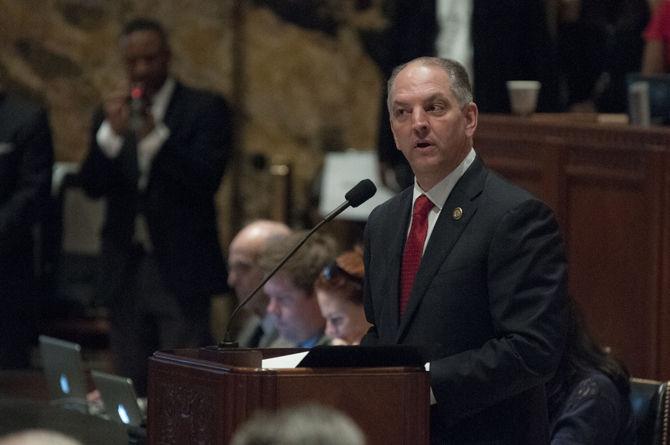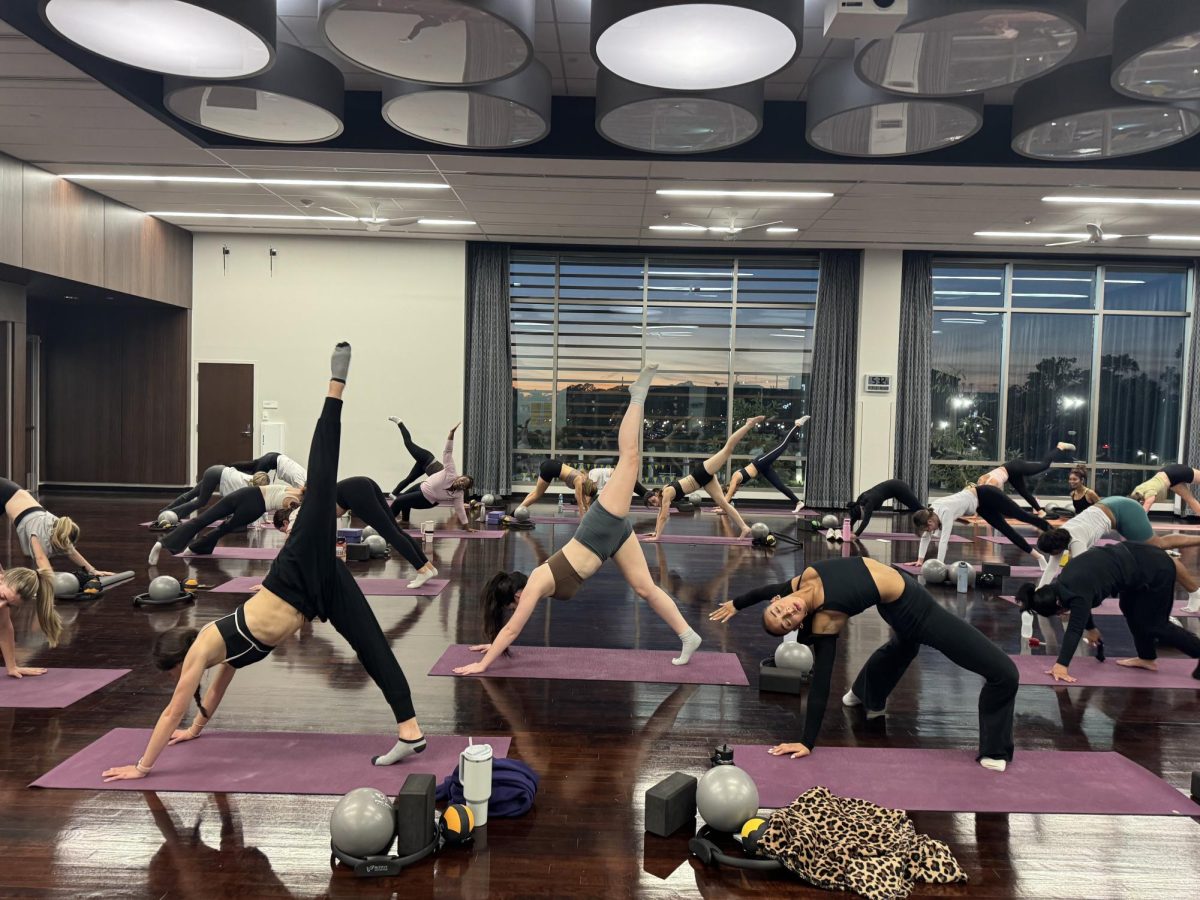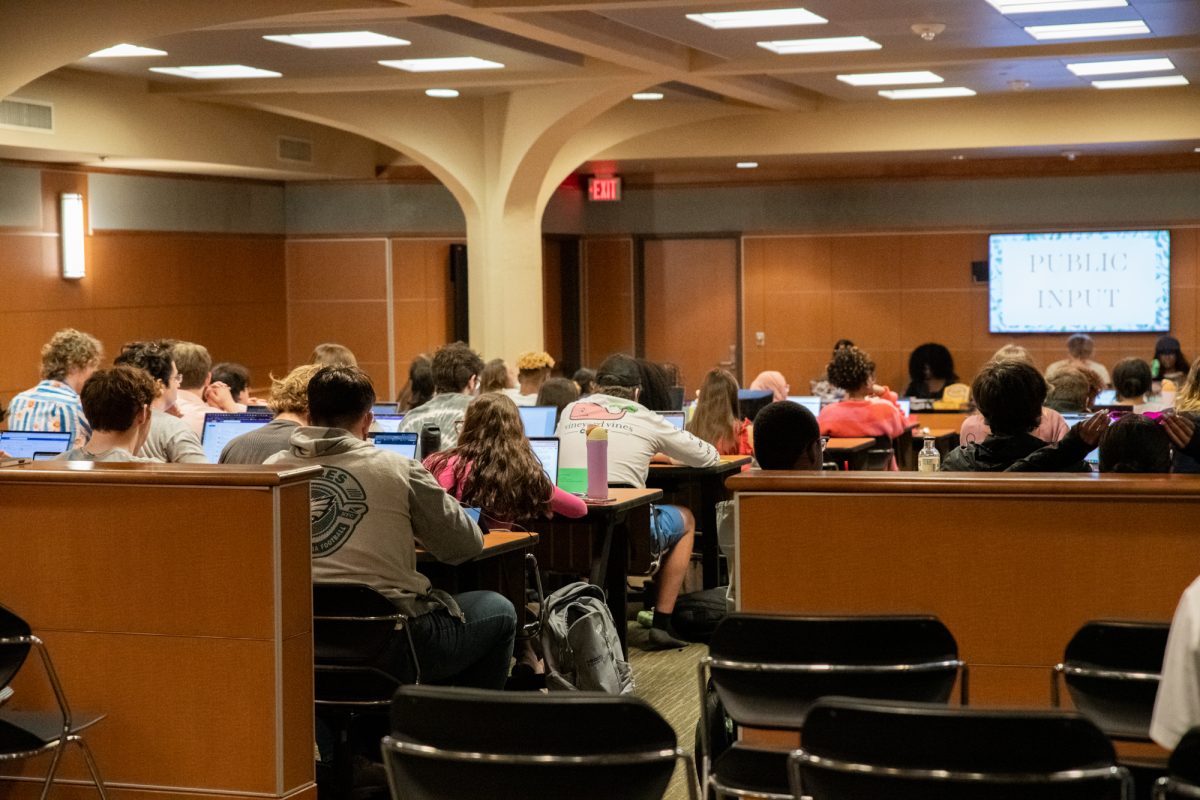The Reilly Center for Media and Public Affairs’ “2016 Louisiana Survey” reveals a deep dislike between state Republicans and Democrats and a general unwillingness to compromise among Republicans.
The survey polled 1,001 Louisiana residents via both landline and cell phone, with 29 percent of respondents identifying as Democrats and 26 percent identifying as Republicans. The survey’s report, which was released on March 21, revealed willingness to compromise varied among Democrats and Republicans, but the level of antagonism between the two parties was nearly universal.
Eighty-seven percent of Republicans polled said they possessed an unfavorable view of Democrats, with 40 percent citing their feelings as “very unfavorable.” Similarly, 67 percent of Democrats classified their feelings about Republicans as unfavorable, with 31 percent identifying with the “very unfavorable” category.
Belinda Davis, political science associate professor and associate director of the Reilly Center’s Public Policy Research Lab, said there are several reasons for the negative sentiments between the parties.
“Part of the antagonism between the two parties is driven by, I think, a skewed sense of where the other side’s party lies on the liberal-conservative continuum,” Davis said. “The reality is the typical Democrat and the typical Republican in Louisiana are not light years apart in partisan positions, but they see each other as being very different.”
In reality, the median Louisiana Republican falls into the “somewhat conservative” category, and the median Democrat in the “moderate” category, leaving little division between the two on the ideological spectrum.
Despite the proximity between the two parties, Republican responders said they thought the state Democratic party was liberal, while Democratic respondents categorized Louisiana Republicans as conservative. The widening of the perceived gap increases feelings of difference between the parties and contributes to feelings of animosity, Davis said.
Aside from skewed perspectives, Davis said the contentiousness of the current electoral cycle could be affecting respondents’ answers. She suggests that the intense partisan rhetoric during the recent gubernatorial election and current presidential nomination race may be influencing the level of animosity between the two parties.
Political science professor Wayne Parent said the disparity between perception and reality may also be influenced by the media. The increased number of partisan news sources in recent years allows constituents to tailor news gathering, reinforcing their political views and demonizing the opposing party’s, he said.
Another issue addressed in the survey was whether Republicans and Democrats are willing to compromise with the opposing party.
While 49 percent of those surveyed prefer compromise overall, 52 percent of Republicans polled preferred their Republican representatives to stand their ground. With Republicans in the majority in both the House and Senate, this creates concern about representatives’ ability to compromise on key issues, such as resolutions to the budget crisis, in the current general session.
Republicans often feel they do not need to compromise as the majority party, but a strong minority exists that is pushing for compromise with their Democratic counterparts, Parent said. Of Republicans polled, 44 percent said they were open to compromise with Democrats.
Parent said southern Democrats are also generally more willing to compromise because they are more ideologically conservative than their national counterparts. African-Americans, especially a main portion of the Democratic electorate in the state, are more conservative in Louisiana and the South than nationally, he said.
Despite division between the two parties, Davis said Gov. John Bel Edwards is pushing legislators to consider themselves citizens of Louisiana first and Democrats and Republicans second.
“I think that what you saw in the most recent budget battle is that, when the situation is desperate enough, Republicans realize that they have to compromise for the good of the state,” Davis said.
If the parties continue to compromise throughout the general legislative session and walk away with feelings of acceptance, the stark division between the parties may begin to close, she said.
Survey highlights antagonism between state Democrats, Republicans
April 5, 2016
Louisiana Governor John Bel Edwards addresses the legislature about budget cuts on Sunday, Feb. 14, 2016, at the Louisiana State Capitol.
More to Discover









